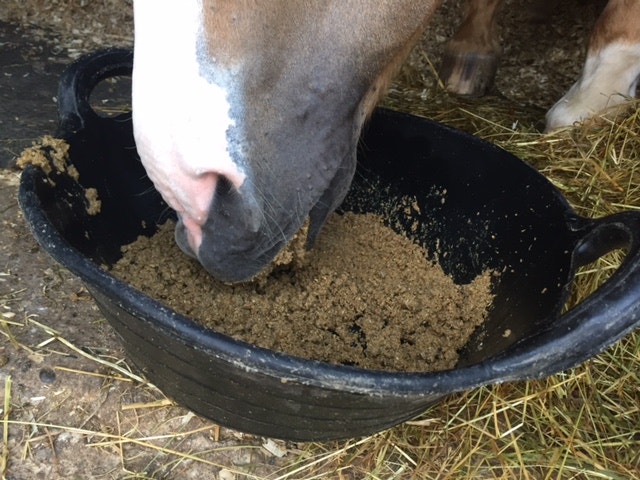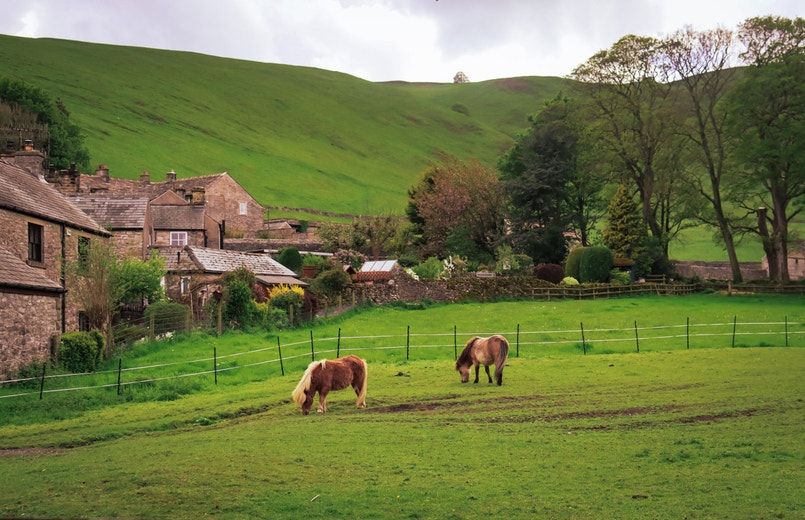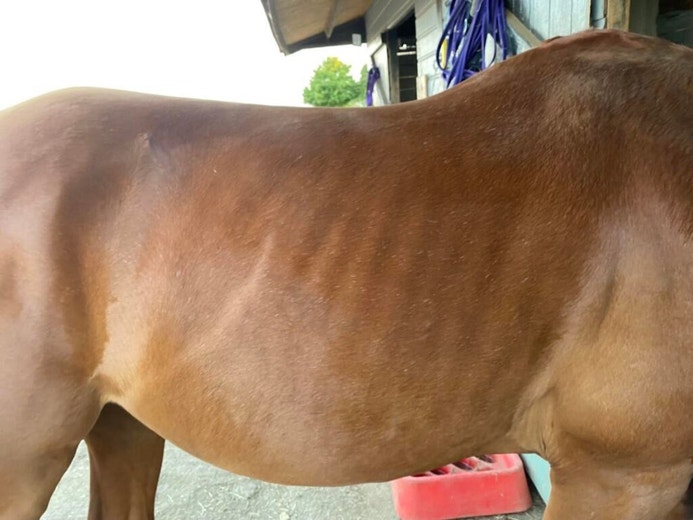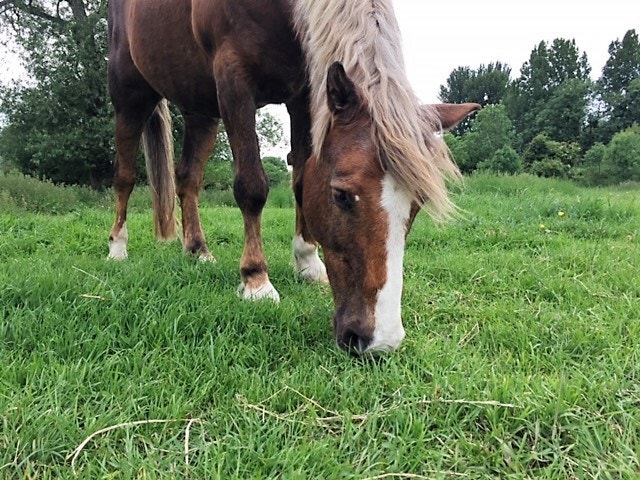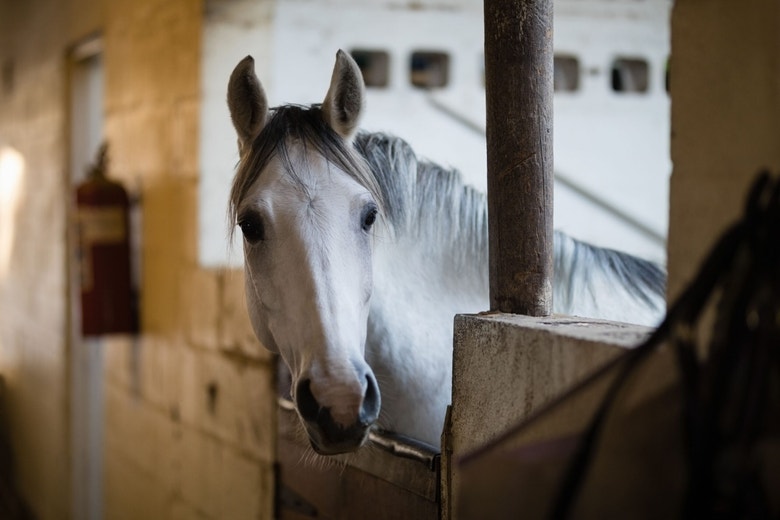#SPILLERSScience: Reasons for retirement

Survey results recently published by the Gluck Equine Research Center at the University of Kentucky in partnership with SPILLERS have shed light on the reasons why horses may be retired.
By developing a better understanding of when and why senior horses are being retired we hope, eventually, to be better placed to monitor for, prevent (where possible), and treat the underlying conditions early on. The overall aim being to try to help horses stay active and healthy for longer.
Survey basics
A total of 2717 surveys completed by horse owners in the US were analysed. Approximately 65% of respondents were leisure owners and approximately 35% were equine professionals. Most of the horses were being used for pleasure riding or driving (~39%) or were in full retirement (~40%).
Age & health
Most horses (62%) were retired between 15-24 years of age, with health problems given as the main reasons. Horses with owner reported veterinary-diagnosed laminitis, lameness and Degenerative suspensory ligament desmitis had higher odds of retirement than those that did not have these conditions.
Mares vs geldings
Mares had a higher risk of retirement than geldings. This may be partially due to broodmares experiencing a reduction or absence of regular exercise.
Muscle matters
Around 1 in 6 horses had low muscle mass (muscle wastage) according to their owners and in most cases, owners felt this affected their horse’s welfare and ability to work.
Age, sex, osteoarthritis, laminitis, pituitary pars intermedia dysfunction (PPID), and primary use were identified as risk factors for low muscle mass.
Geldings had a higher risk of low muscle mass than mares, which may be a result of low testosterone.
Horses with owner-reported veterinary-diagnosed PPID (also known as ‘Cushing’s syndrome’), osteoarthritis and laminitis had a higher risk of low muscle mass.
Retired horses were at higher risk of low muscle mass than horses used for competition or pleasure riding.
What’s next?
In follow-up to this research, we have been looking at how senior horses in the US are managed and their health status. Watch this space!
Further information
This research has been accepted for publication in the Equine Veterinary Journal. You can read the abstract (research summary) here
We are proud to have been working with the University of Kentucky on a number of senior research projects since 2013. You can learn more about the University of Kentucky’s Aged Horse Research Center here
Reference
Herbst A. Coleman M, Macon E, Brokman A, Stromberg A, Harris P , Adams A (2023) Retirement risk factors, exercise management, and muscle mass in U.S. senior horses Equine Veterinary Journal in press.
